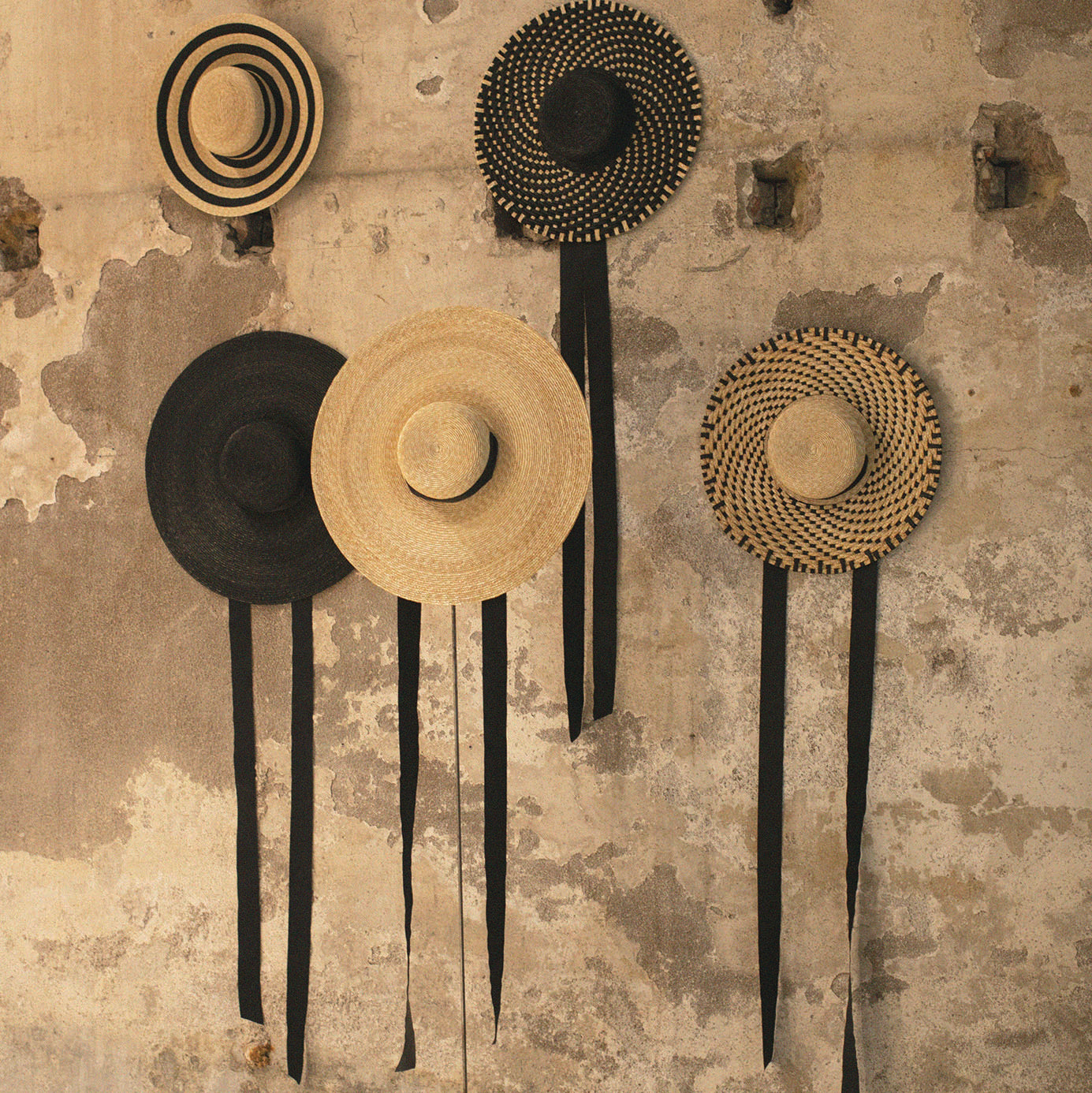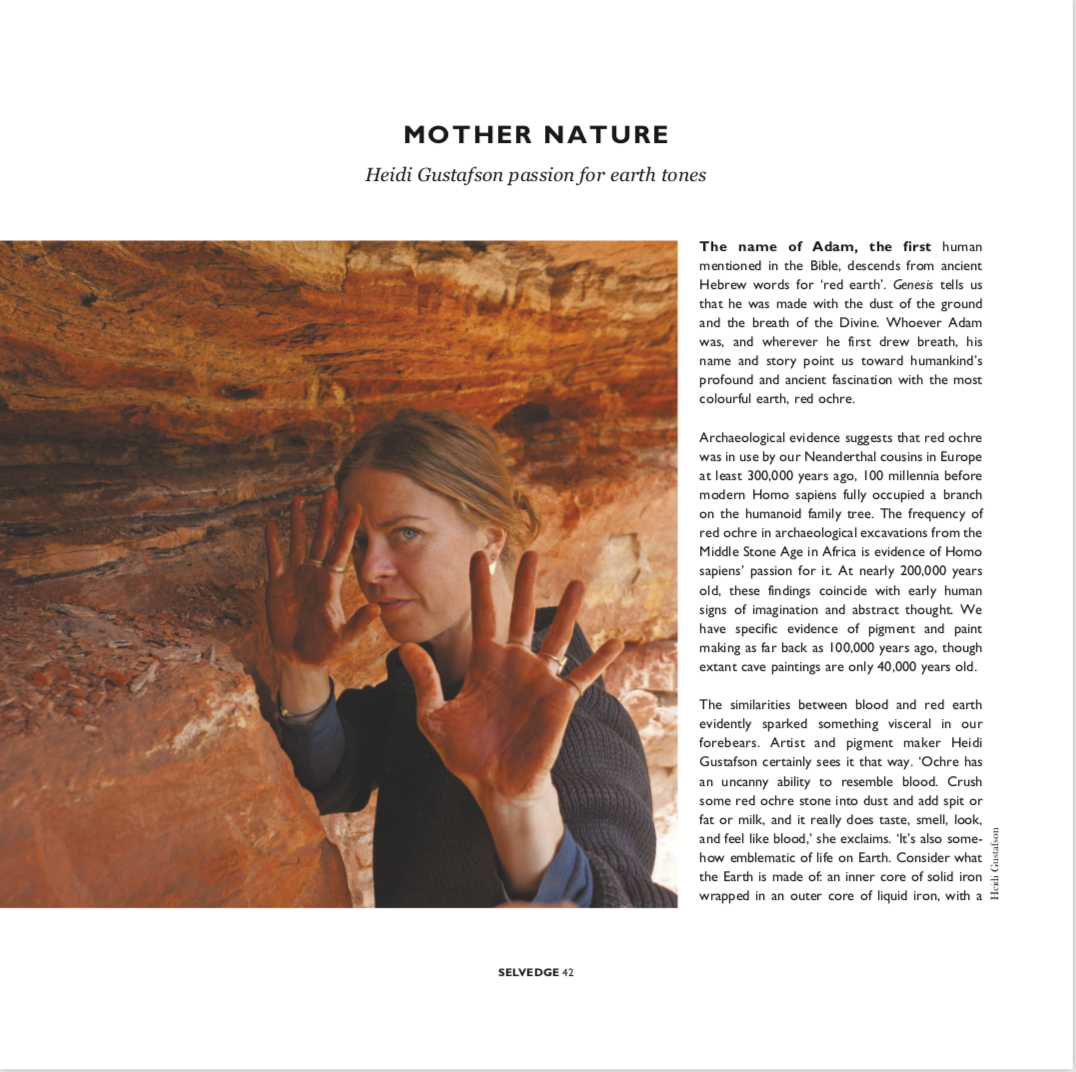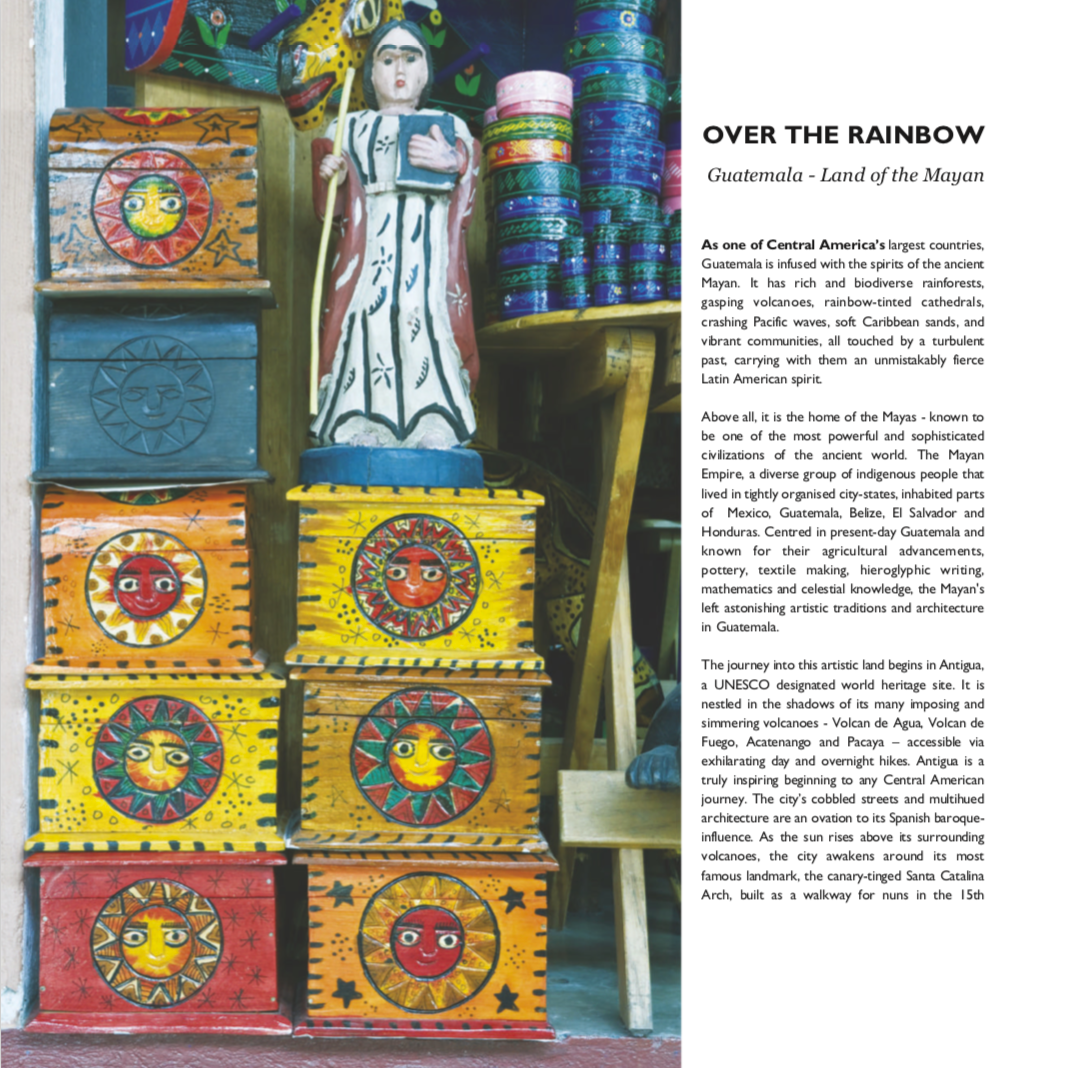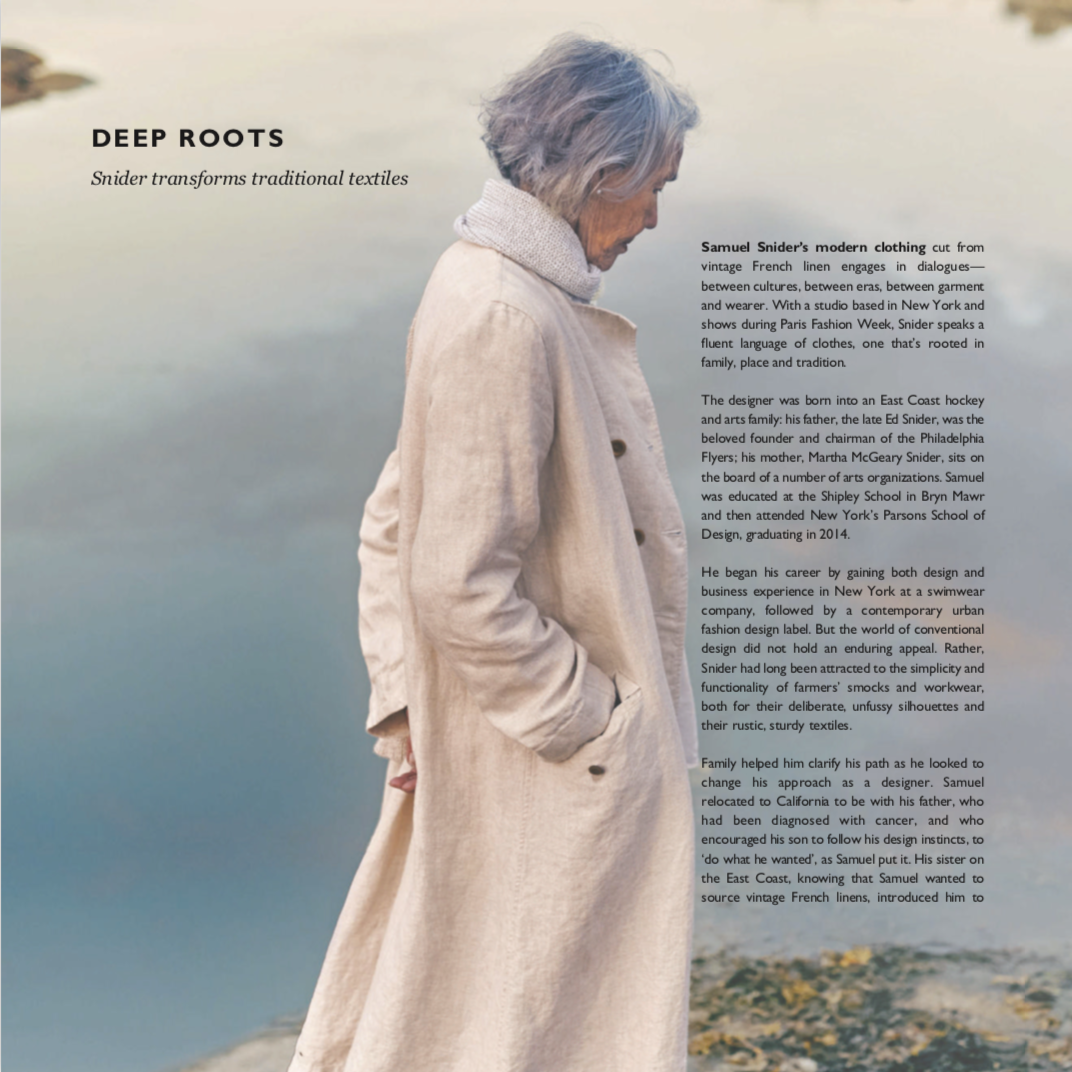Issue 94 Earth
Selvedge Magazine
Couldn't load pickup availability
May / June 2020
Issue 94 Earth
Pachamama, or mother earth in Andian culture is reveared and fed during rutuals to sustain life on earth. Rewilding is everywhere from the Archers to the best selling novel Wilding by Isabella Tree and the award-winning documentary The Biggest Little Farm: all proponents of the premise that if you have a diverse enough ecosystem then everything will work in harmony and create a healthy sustainable future. Organic food is already in the mainstream consciousness, but textiles are lagging behind and we need to pull our socks up.
The textile industry - the second-largest polluter on the planet - produces more carbon than international flights and maritime shipping combined. This huge problem has no quick fix solution, but it is worth remembering that natural fibres: wool, linen, cotton and silk, are all biodegradable. Wool fibre can compost in as little as three months. cotton in six and linen in only two. That is if the fibres are not blended, and better still if they are produced organically. The Soil Association publishes a list of brands who use certified organically grown fibre. Fibreshed is a community of farmers, designers, sewers, weavers, spinners, mill owners and natural dyers living and working in Northern California who aim to re-enlivening new (yet ancient) connections between biology, place, appropriate technology and our clothes. Brands are emerging who promote a soil to soil philosophy. These small steps are in the right direction.
In this issue, we celebrate the soil. We are inspired by Heidi Gustafson’s extraction of pigment from the earth and the artisans from Guangdong Province of China who use mud from the river to dye their famed Mud Silk. We marvel at the domestication of root systems on a miniature scale and a giant scale in the living root bridges of the Khasis, India. And enjoy Nathalie Seiller Dejean’s mastery of the ancient art of straw work and Eliurpi’s stylish straw hats in time for the wedding season.
Share

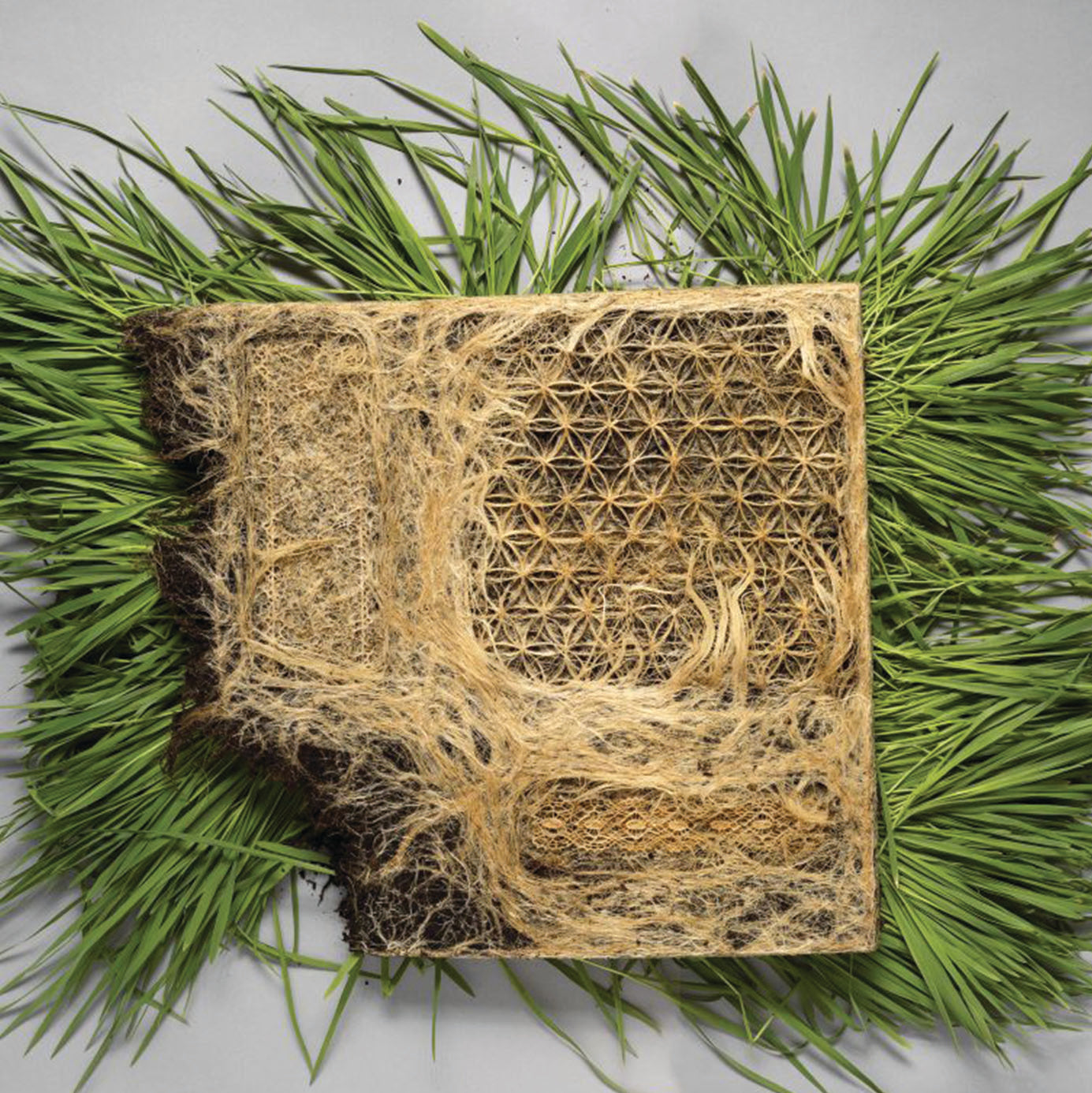
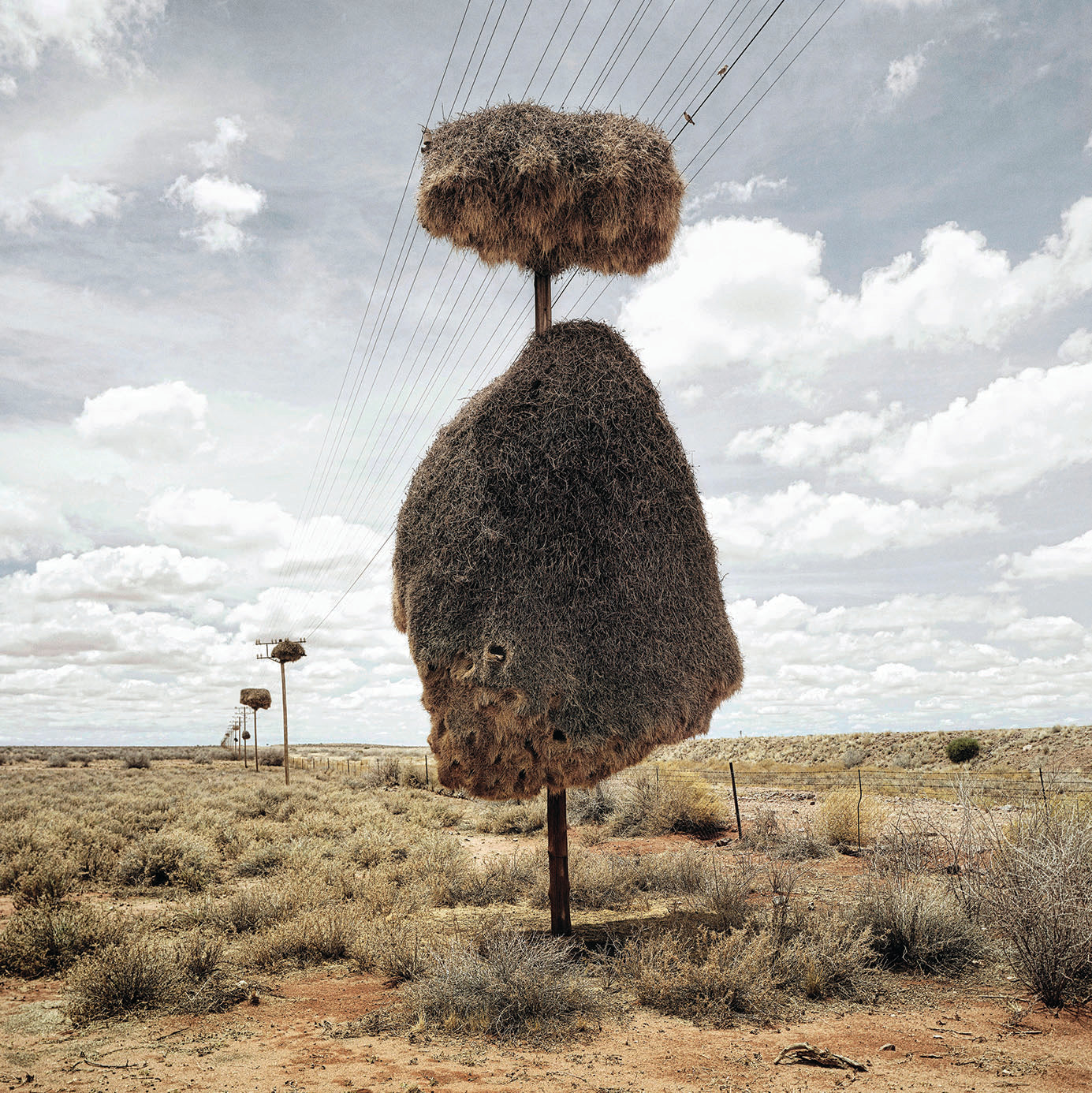


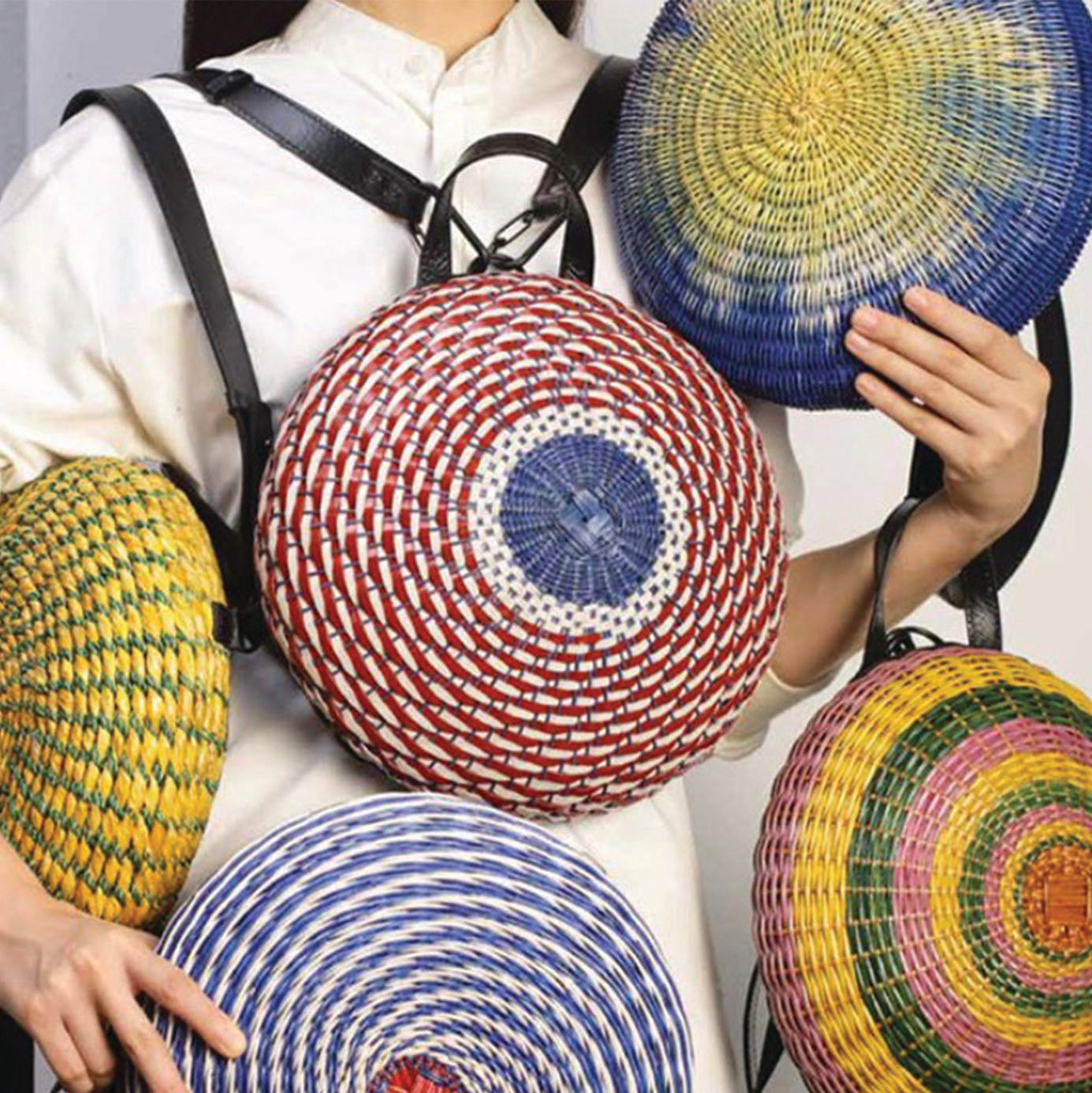
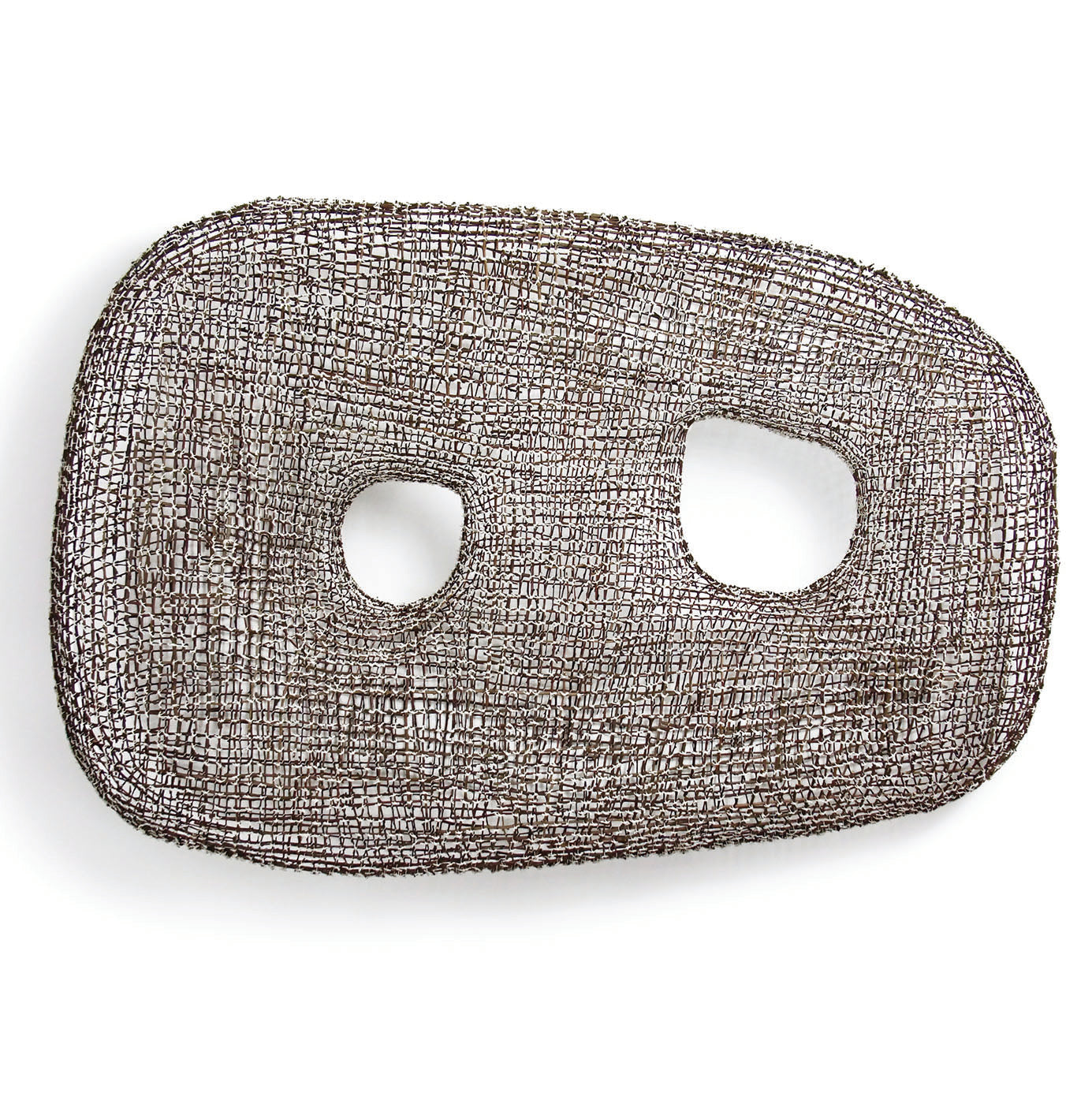
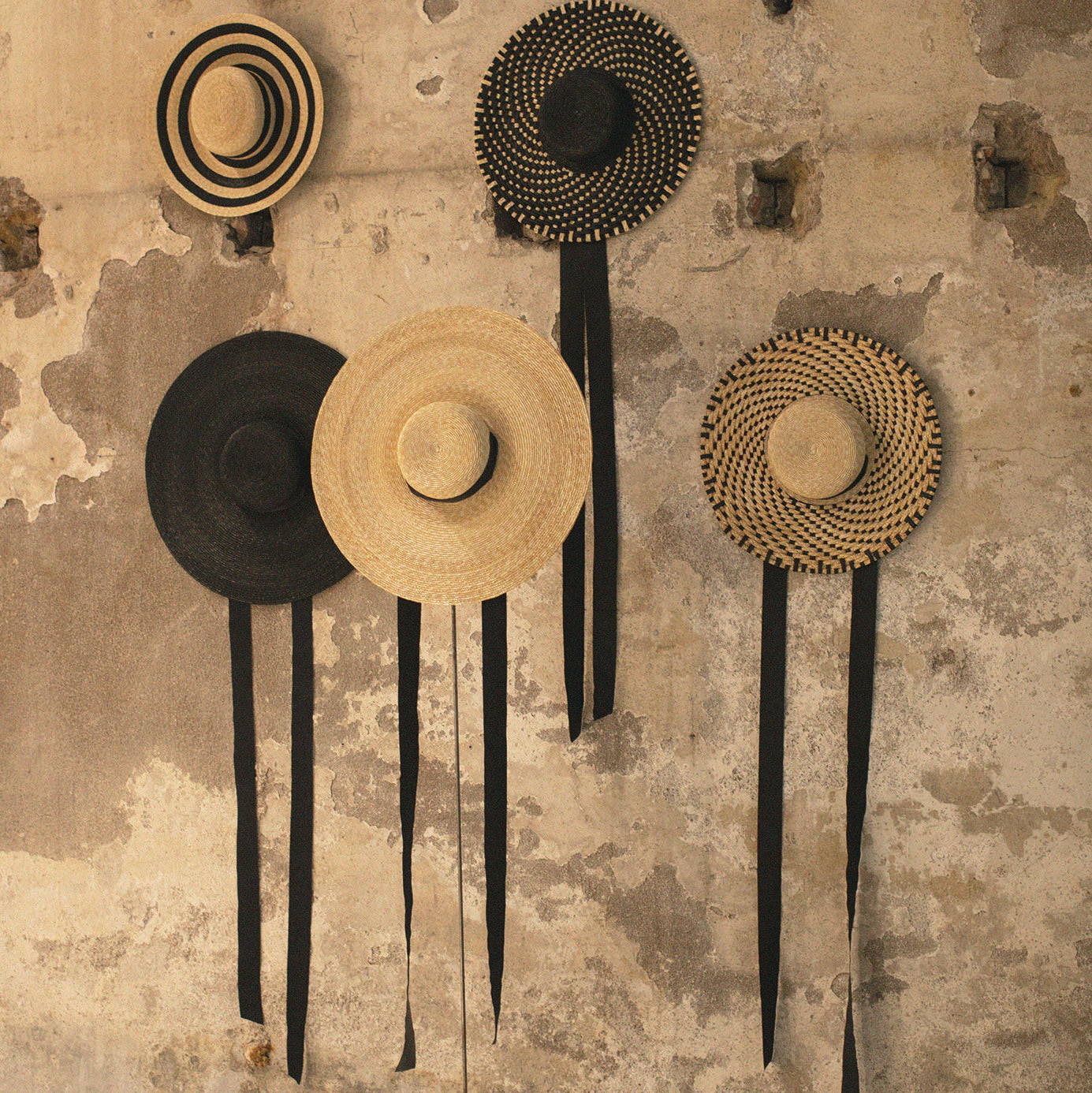
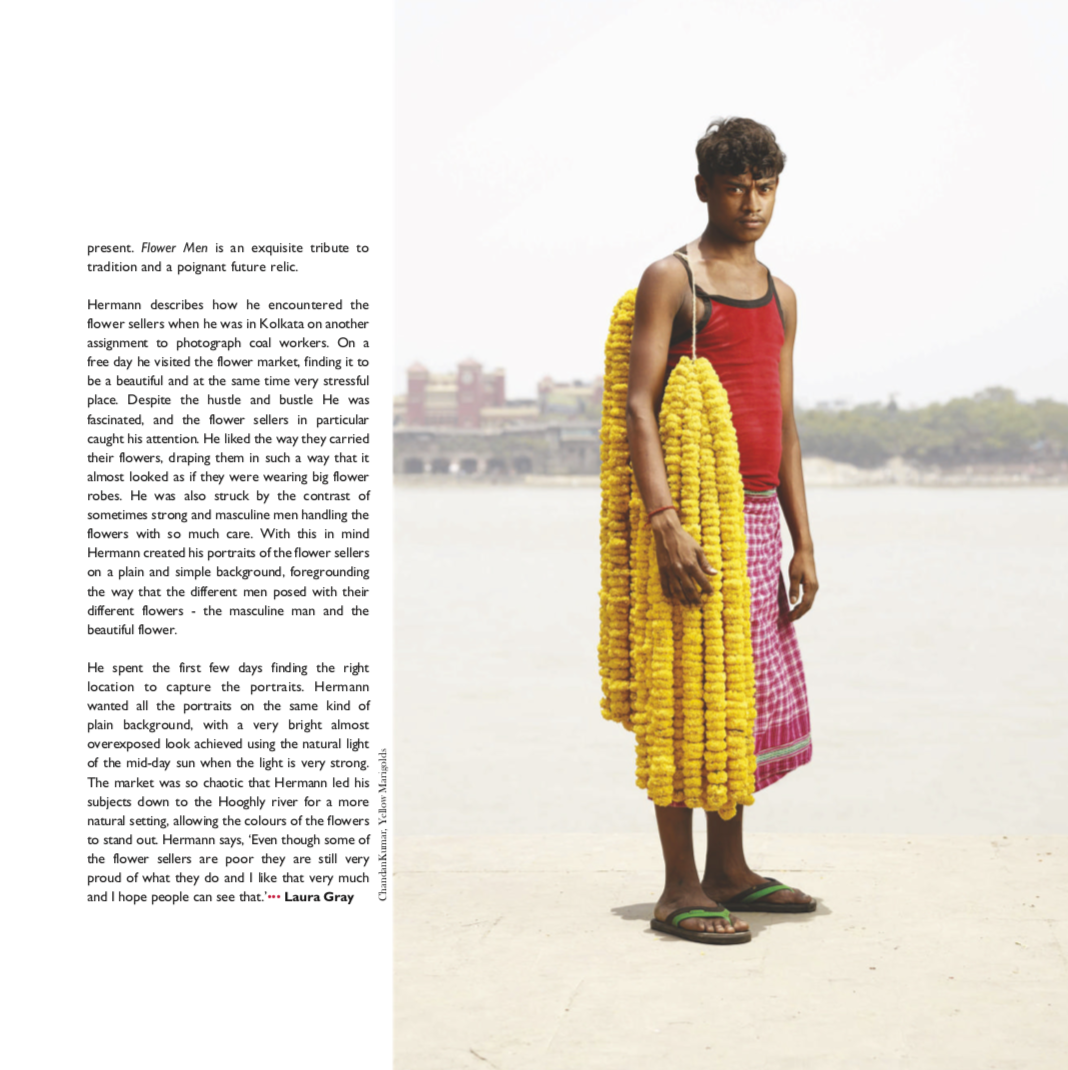

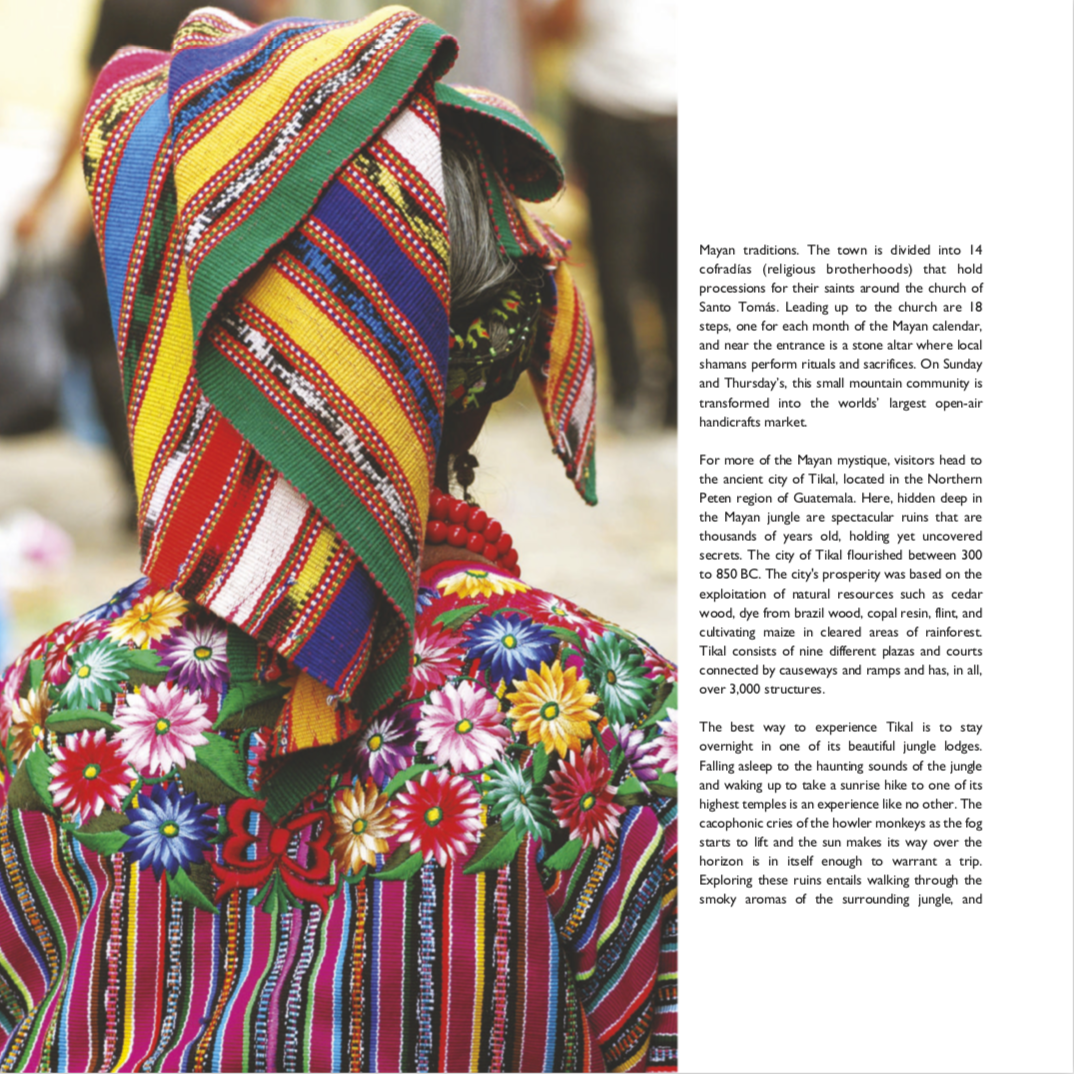
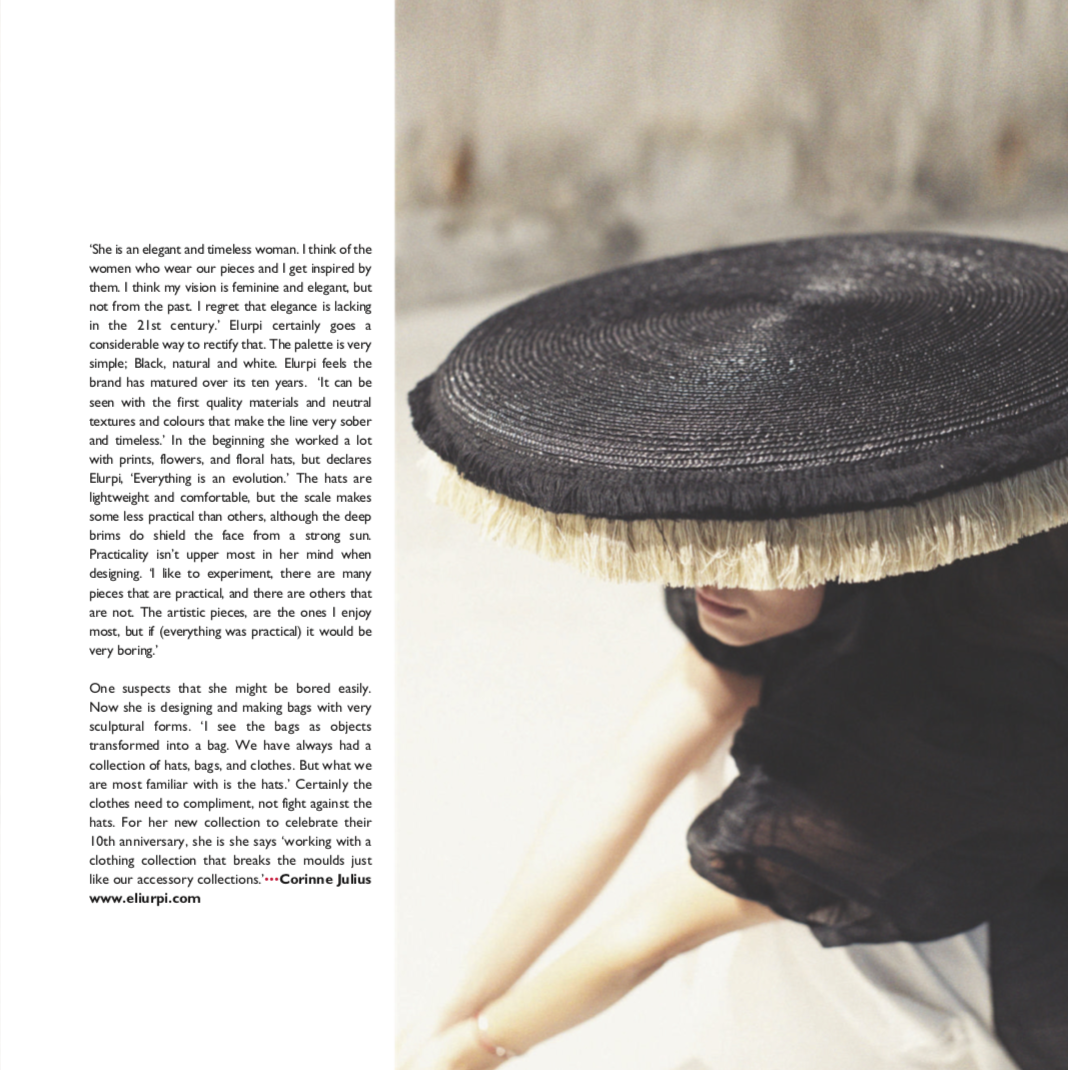
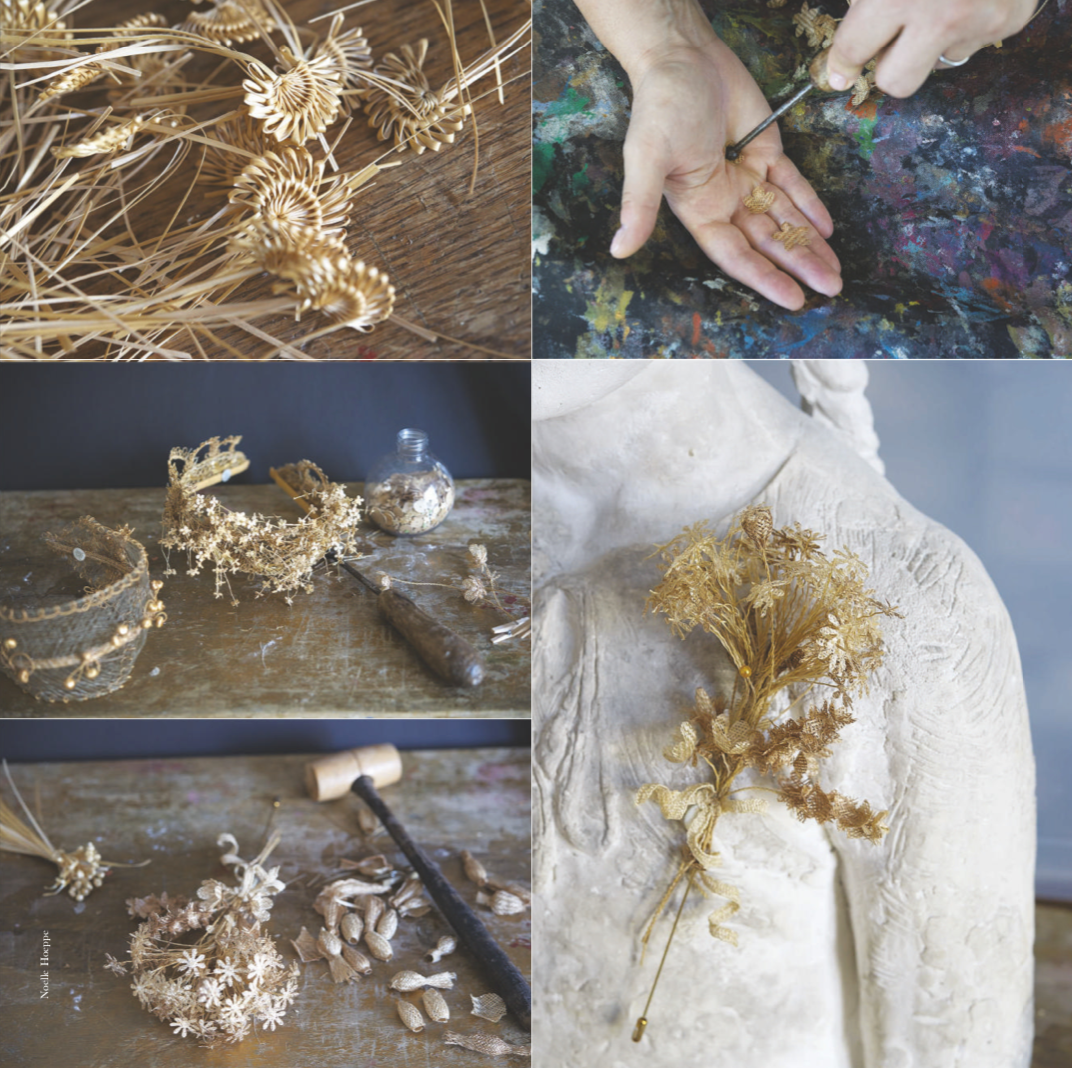
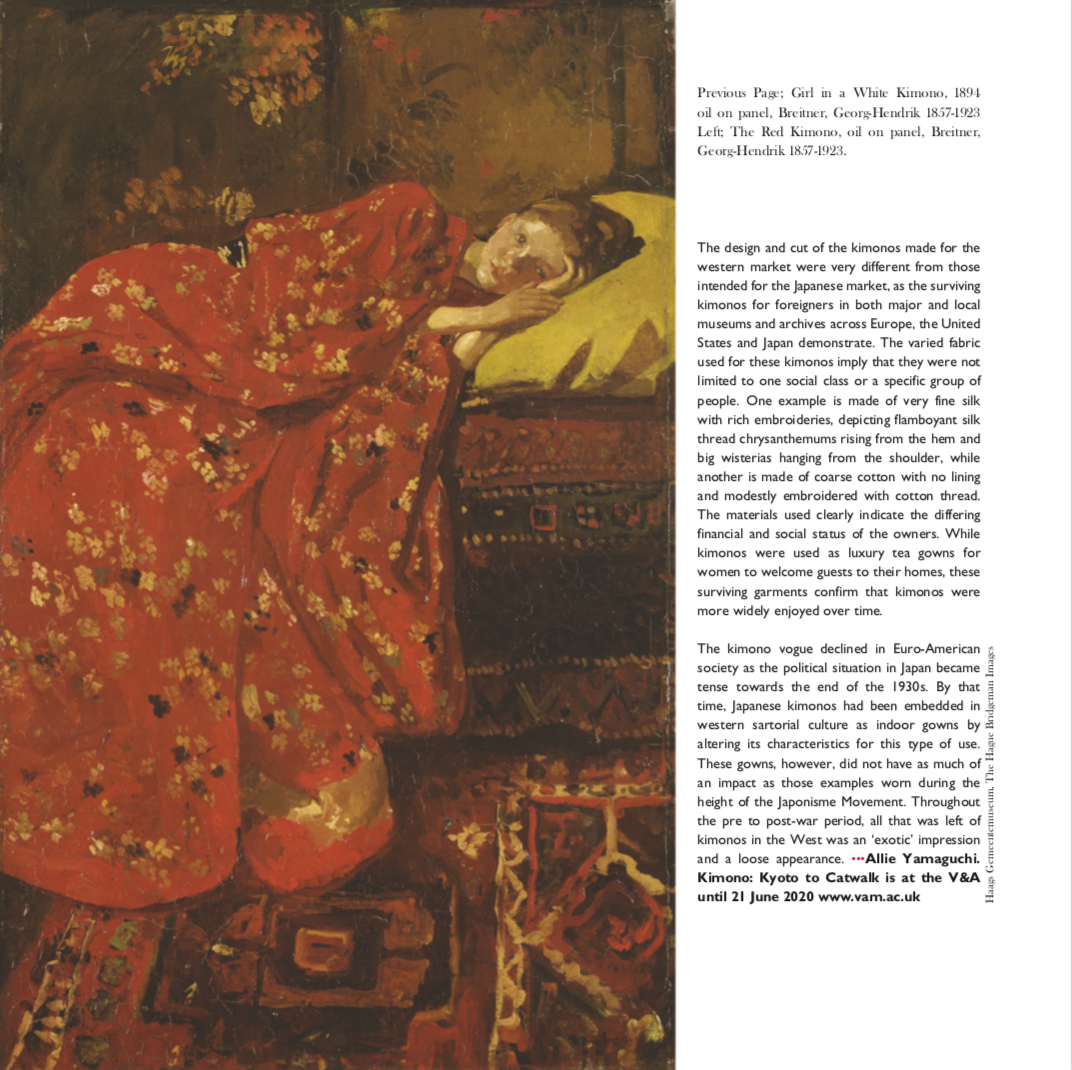
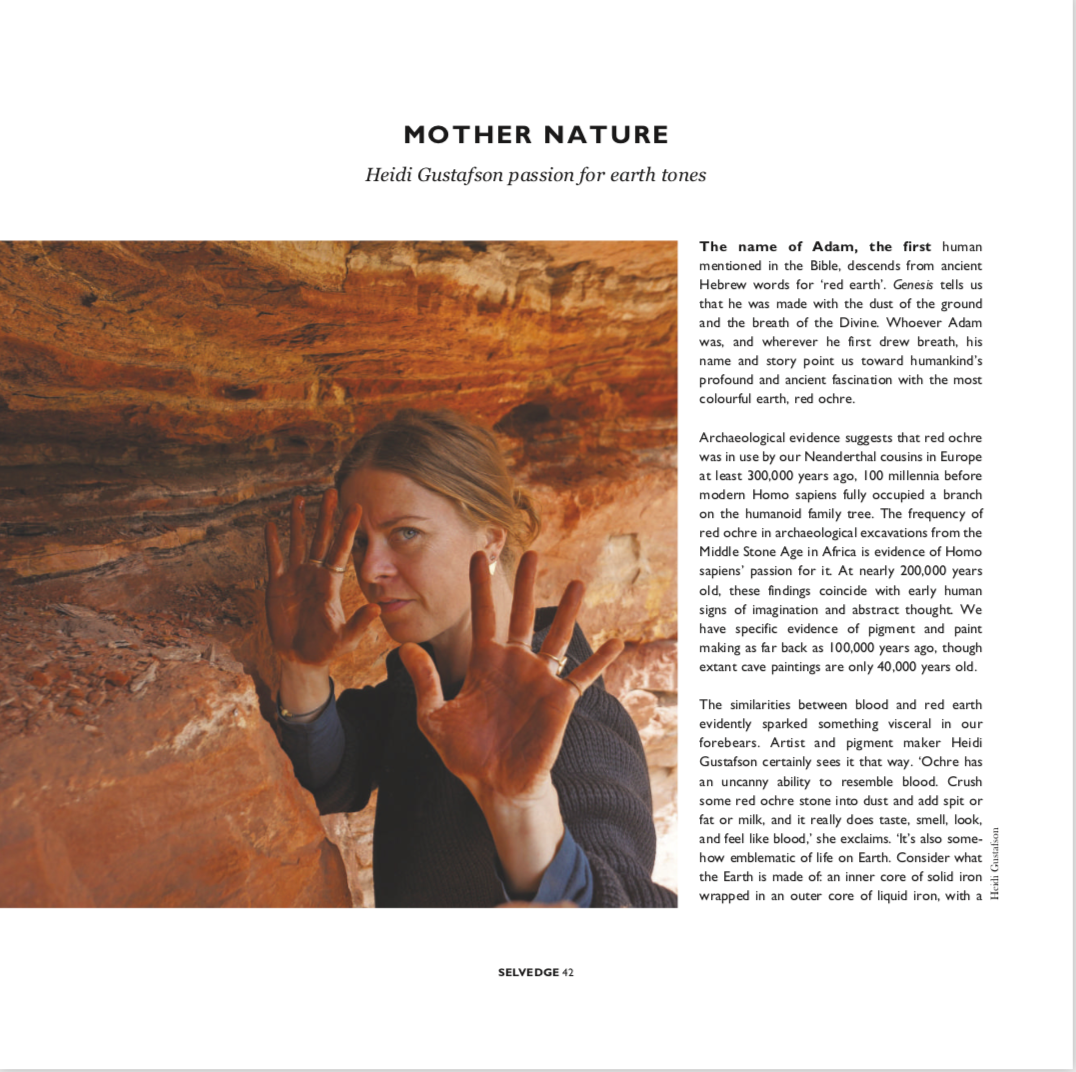
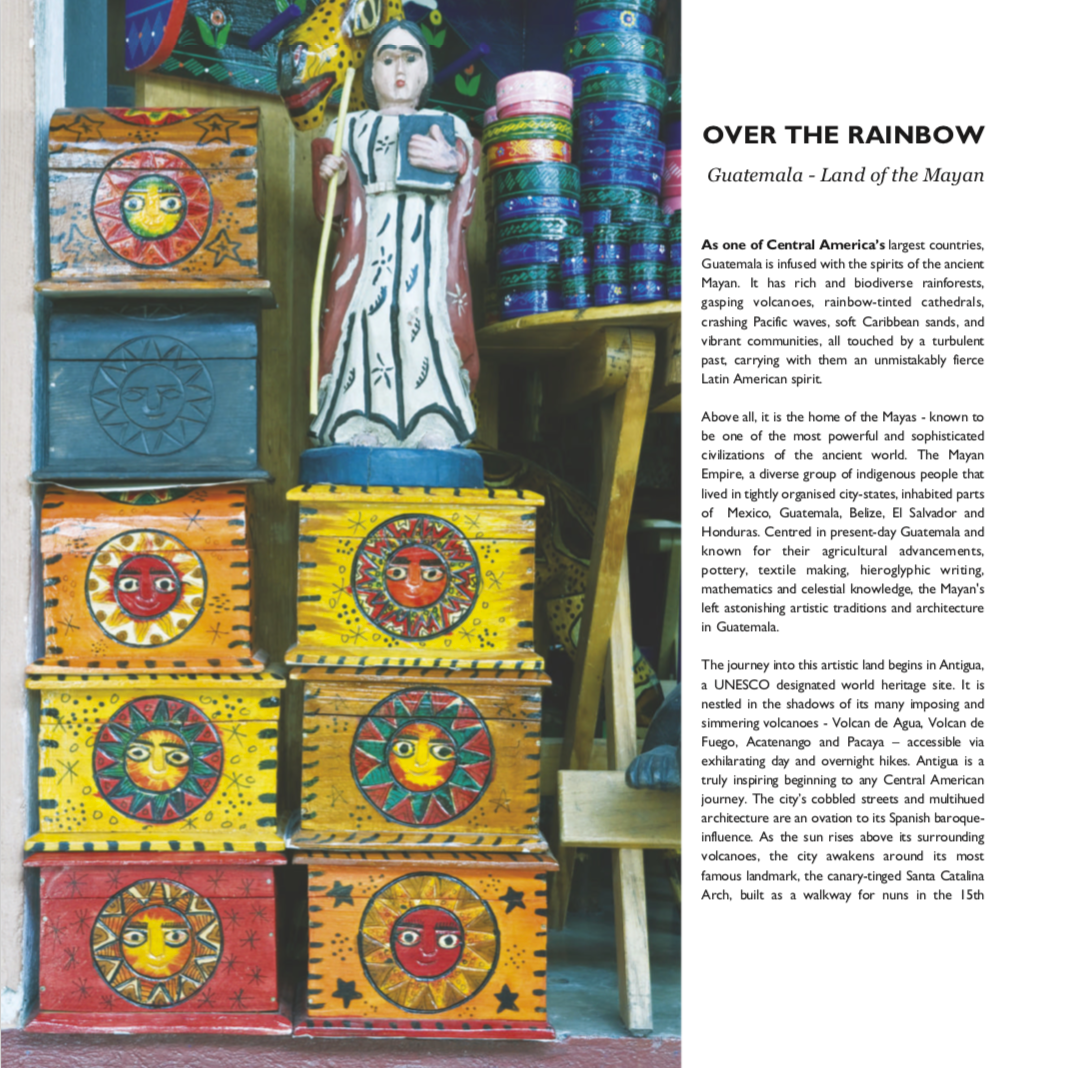
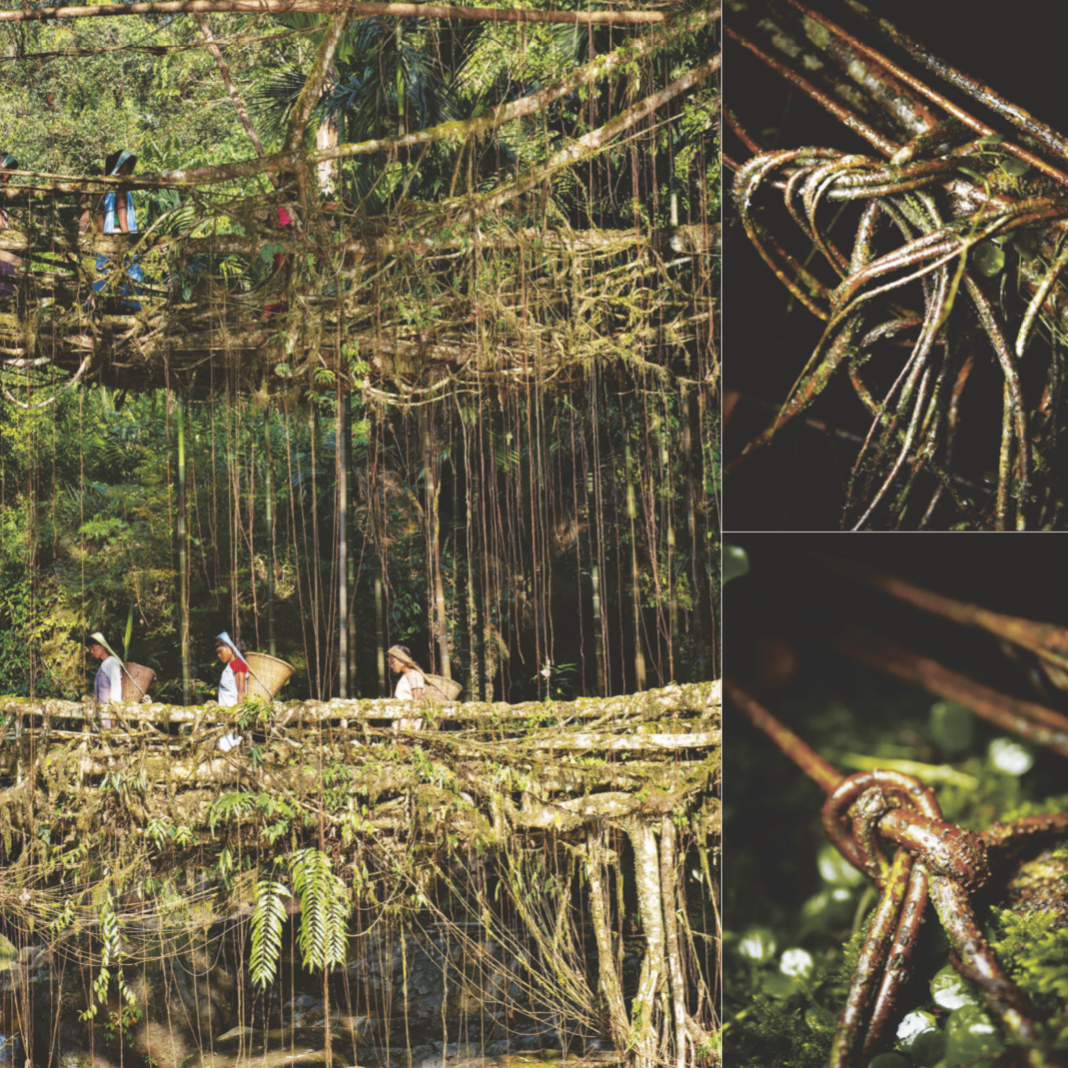
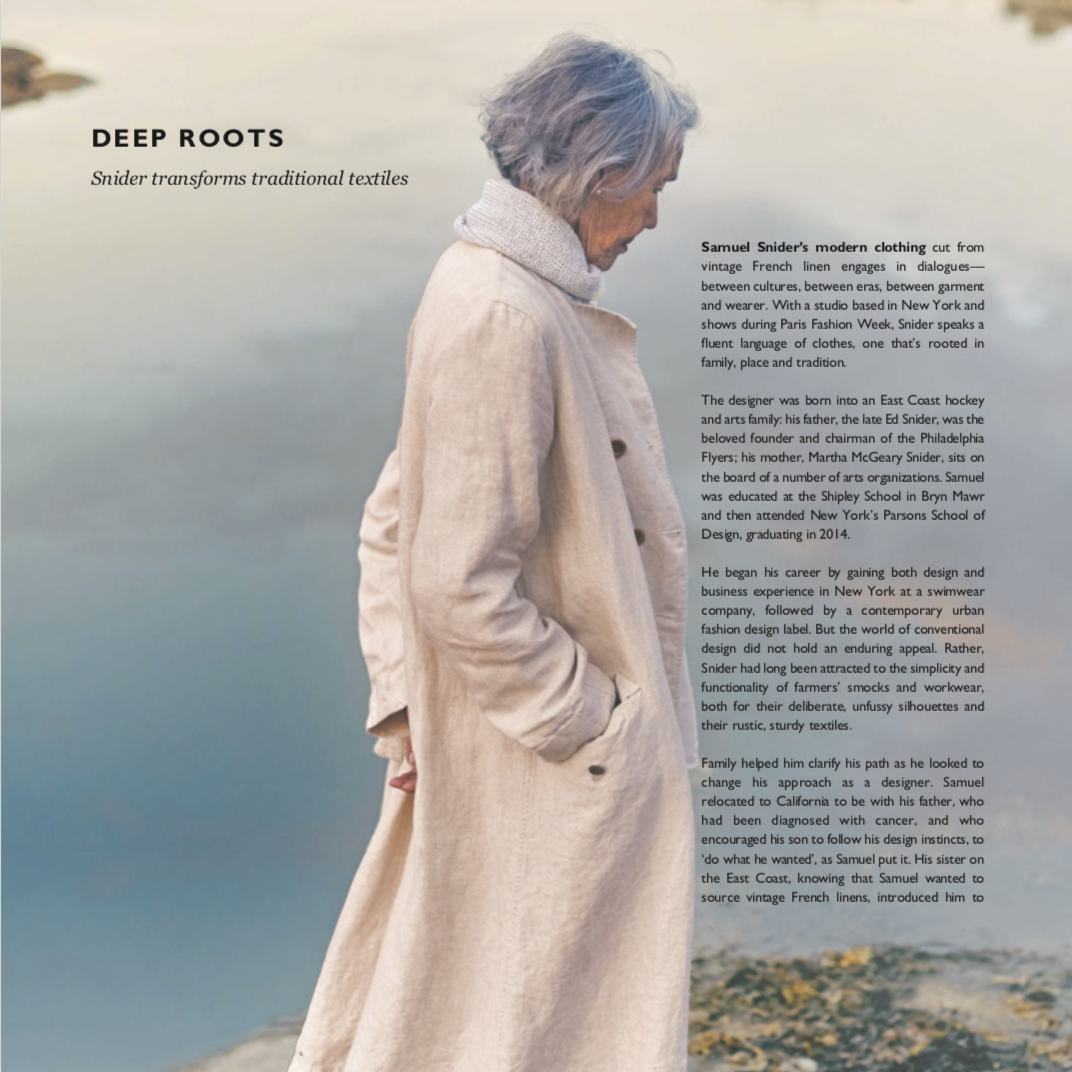


A truly enjoyable read
This magazine is a joy to read on every level. It is well researched, interesting and beautifully written. It cleverly connects the distant past with cutting edge current practice and has inspired me to learn more about both. Now I want to read more!
Visually very satisfying and intellectually stimulating
I always find Selvedge Magazine visually very satisfying and intellectually stimulating. I have all the issues in my library and will have to find a good institution to donate then to when the time comes. I remember getting issue 00 at some conference or meeting in the US when you were first starting out. Bravo again for so many years of sharing the joy of textiles in all its varied forms with all of us.
Congratulations on your vision!
I’ve just been looking up your magazine, and absolutely love it! It seems like it knits together all the slices of delight that are left over in our soul when we are spent with our daily survival transactions…..congratulations on your vision!
I treasure each issue
Your exquisite magazine - I treasure each issue and feel fortunate to receive it.
Selvedge endlessly nourishes my soul
Selvedge endlesslynourishes my soul. Much love and gratitude to Pollyand the Selvedge clan.








